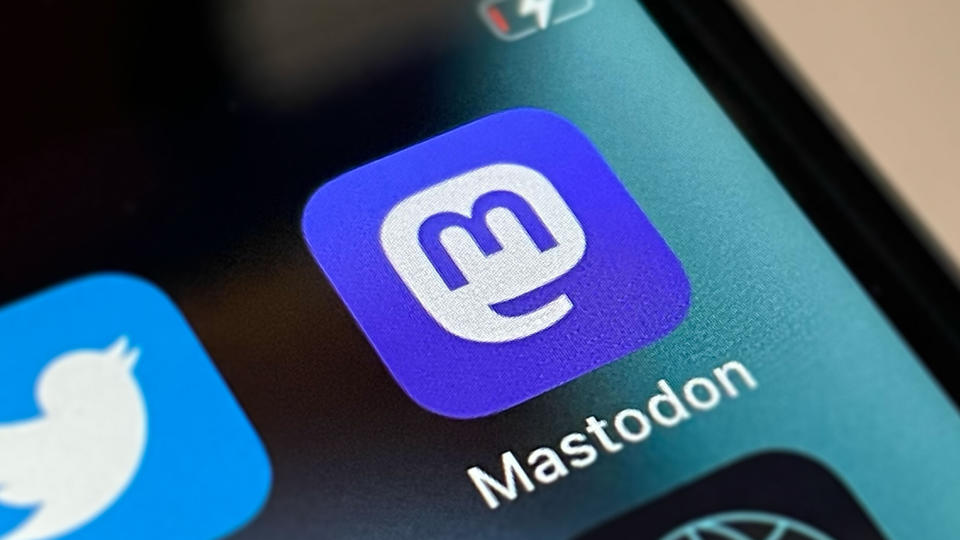Boosted by Twitter drama, Mastodon reaches 1 million active monthly users

Mastodon, the decentralized social network that's increasingly being positioned as an alternative to Twitter, has eclipsed 1 million active monthly users. That's according to CEO and lead developer Eugen Rochko, who revealed the milestone in a post on Monday morning.
Germany-based Mastodon has experienced rapid growth since Elon Musk's takeover of Twitter, with nearly half a million users joining the network since October 27. While a fraction of the size of Twitter's 238 million daily active users, Mastodon's user base remains on a steep upward trajectory, growing from 60-80 new user registrations per hour prior to October 27 to thousands of registrations per hour today.
Twitter's controversial new ownership -- and recent product changes -- have supercharged Mastodon's expansion. Some users say that they were inspired to switch to Mastodon over to concerns about how Twitter’s functionality may change under Musk’s control, while others joined as a form of protest against Twitter's new paid verification scheme and Musk's heavy-handed approach to moderating certain forms of satire.
Mastodon offers an experience in many ways comparable to Twitter's, with features like hashtags, replies, bookmarking and retweet-like "boosting." But unlike Twitter, the network is ad-free and distributed across thousands of servers organized around interests and geographic regions, run largely by volunteers who join their individual systems together in a federation.
Once they sign up and pick a server via the web or a mobile client, Mastodon users can swap posts and links with others on their own server as well as users on other servers across the network. Each server can choose to limit or filter out undesirable types of content, such as harassment and gratuitous violence, while users on any server can block and report others to administrators.
Founded in 2016, Mastodon -- supported through crowdfunding and a small grant from the European Commission -- isn't governed by a central entity. No one server owner can impose their will or shut down the network; server owners can easily cut ties with any one server that embraces policies they view as too extremist. As my colleague Sarah Perez notes, the decentralized design has the added benefit of reducing the cost of overhead and making it impossible for a single entity -- like Elon Musk -- to acquire.
Twenty-five-year-old Rochko is the project's only full-time employee, programming at his home in Germany on a modest €2,400 ($2,394.96) monthly salary. He's been working 12- to 14-hour days to keep up with the influx in demand, he noted in a recent post, purchasing more powerful hardware to upgrade Mastodon’s database server.

 Yahoo Finance
Yahoo Finance 